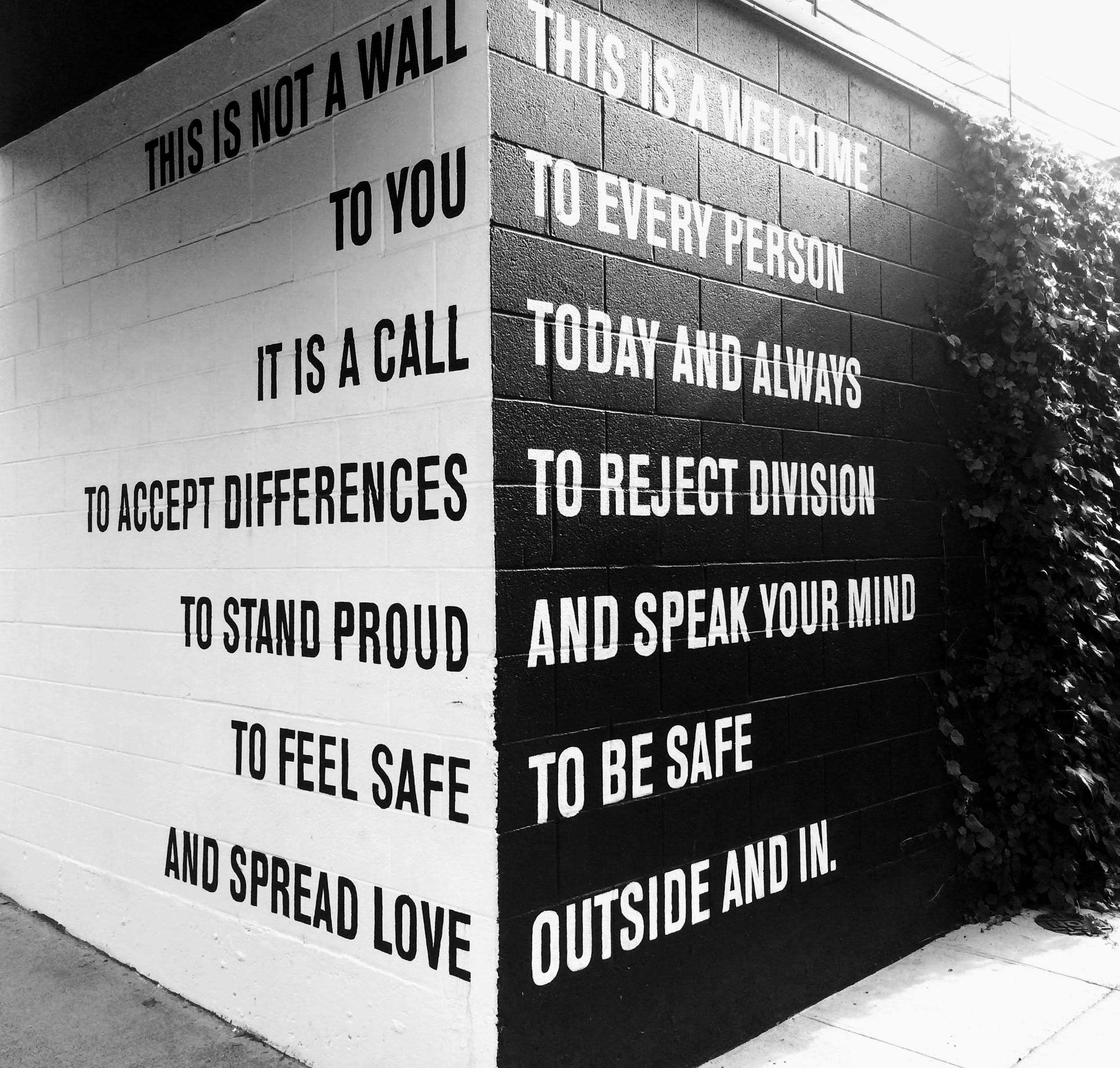
Fostering Tolerance and Understanding: Building a More Inclusive Society

Tolerance and understanding are essential pillars for promoting social cohesion and harmony in any society. They play a crucial role in fostering respect, empathy, and acceptance among individuals from diverse backgrounds. In this blog post, we will explore the significance of tolerance and understanding, discuss the consequences of intolerance and prejudice, explore strategies for fostering these values in personal and societal contexts, and highlight examples of initiatives promoting tolerance and understanding.
The Importance of Tolerance and Understanding
Tolerance and understanding are fundamental for creating an inclusive and harmonious society. They enable individuals to embrace diversity and respect differences, fostering a sense of belonging and unity. When people are tolerant and understanding, they are more open to learning from others, appreciating different perspectives, and engaging in constructive dialogue.
Moreover, tolerance and understanding are vital for combating discrimination, prejudice, and stereotypes. By promoting these values, we can challenge harmful biases and create a more equitable society where everyone has equal opportunities and rights.
The Consequences of Intolerance and Prejudice
Intolerance and prejudice have severe consequences for individuals and society as a whole. They lead to social divisions, conflicts, and the marginalization of certain groups. Intolerance can breed hatred, discrimination, and violence, creating an environment of fear and hostility.
Furthermore, intolerance and prejudice hinder the growth and progress of a society. They limit creativity, hinder innovation, and impede the exchange of ideas. In a society where intolerance prevails, individuals are less likely to collaborate, learn from one another, and work towards common goals.
Strategies for Fostering Tolerance and Understanding
Fostering tolerance and understanding requires collective efforts at both personal and societal levels. Here are some strategies that can help promote these values:
1. Education:
Education plays a crucial role in shaping attitudes and beliefs. By incorporating tolerance and understanding into educational curricula, we can instill these values in future generations. Schools and educational institutions should prioritize teaching empathy, cultural awareness, and the importance of embracing diversity.
2. Dialogue and Communication:
Engaging in open and respectful dialogue is essential for fostering tolerance and understanding. Encouraging conversations among individuals from different backgrounds allows for the exchange of ideas, perspectives, and experiences. It helps break down stereotypes, challenge biases, and build bridges of understanding.
3. Promoting Cultural Exchange:
Organizing cultural events, festivals, and exchange programs can provide opportunities for people to learn about different cultures, traditions, and perspectives. These initiatives help promote empathy, appreciation, and understanding among individuals from diverse backgrounds.
4. Media Representation:
The media plays a significant role in shaping public opinion and attitudes. Promoting diverse and inclusive representations in the media can challenge stereotypes and encourage tolerance. Media outlets should strive to provide balanced and accurate portrayals of different cultures, religions, and identities.
Examples of Initiatives Promoting Tolerance and Understanding
Several initiatives and movements worldwide are dedicated to promoting tolerance and understanding. One such example is the “HeForShe” campaign by UN Women, which encourages men to support gender equality. This initiative aims to challenge traditional gender roles and promote a more inclusive society.
Another example is the “Not In Our Town” movement, which originated in the United States and has spread globally. This movement aims to combat hate crimes, discrimination, and intolerance by promoting community engagement, dialogue, and education.
Conclusion
Tolerance and understanding are indispensable for building a more inclusive society. By embracing diversity, respecting differences, and promoting empathy, we can create a harmonious and equitable world. It is our collective responsibility to foster these values in our personal lives and advocate for them in our communities. Let us strive to promote tolerance and understanding, for it is through these values that we can create a brighter and more inclusive future.




















